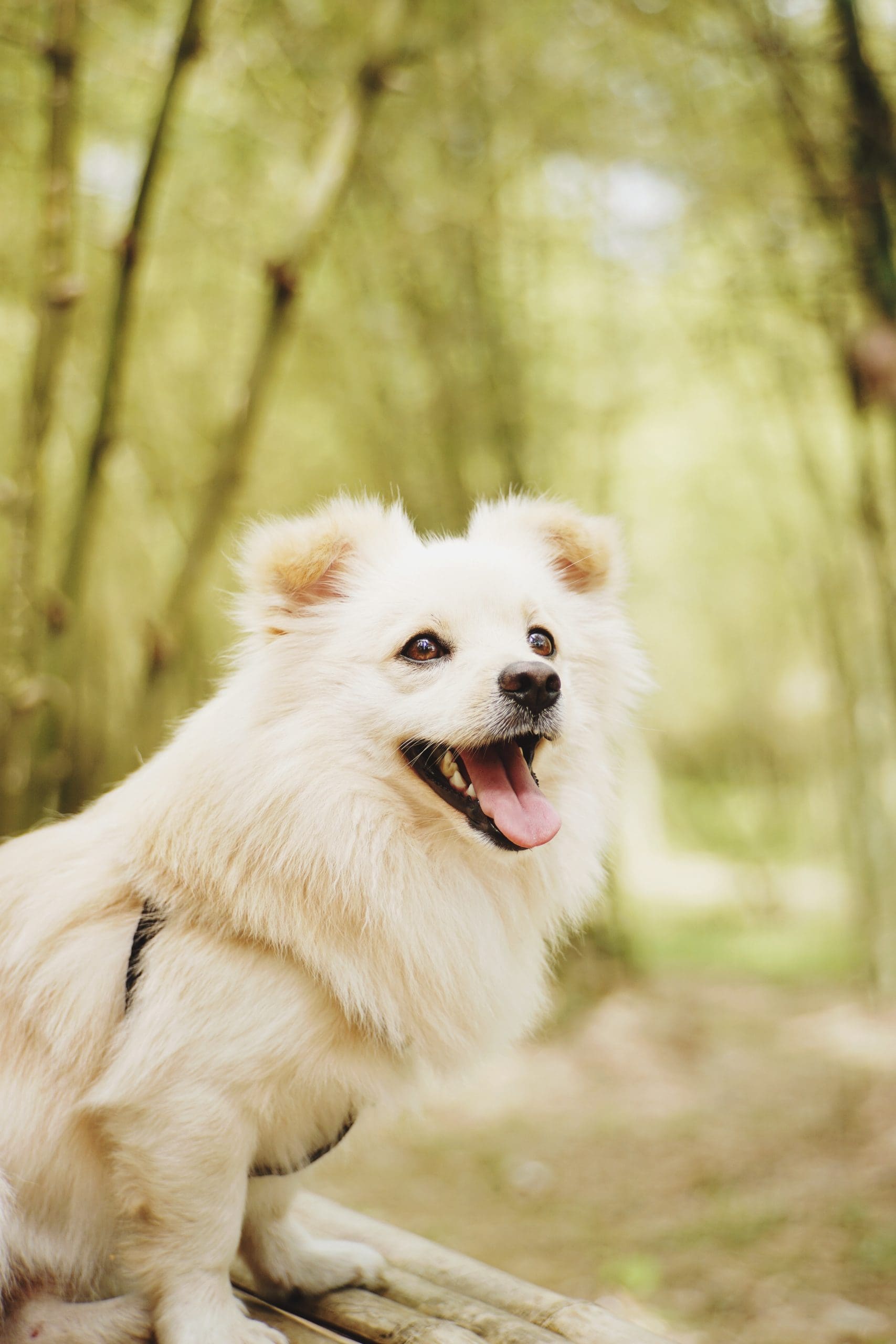Why Is My Male Dog Peeing In The House All Of A Sudden?
Post Date:
December 10, 2024
(Date Last Modified: December 13, 2024)
Discovering urine in your home when your male dog has been well-trained can be both disheartening and puzzling. It’s important to recognize that various factors can lead to this unexpected behavior, and it’s not always a matter of disobedience or poor training.
Medical Issues to Consider
One of the primary reasons for a sudden change in urination habits is a medical condition. If your dog is now urinating indoors after being trained, there may be an underlying health issue. Conditions like urinary tract infections, bladder stones, or diabetes can cause increased urination or difficulty in controlling it. Older dogs may also develop age-related bladder issues that impact their ability to hold urine. If you observe changes in your dog’s urination patterns, consulting a veterinarian is essential. They can conduct tests to rule out medical concerns, ensuring your dog’s health and well-being.
Environmental Changes and Stress
Changes in your dog’s environment or routine can also lead to indoor urination. Dogs depend on consistency, and even minor adjustments can trigger stress or anxiety. Moving to a new home, introducing a new pet, or alterations in your daily schedule can all be stressors. When feeling insecure or threatened, a male dog might mark territory as a way to assert dominance. To help your dog feel secure, maintain a calm and consistent environment. Keeping to regular walks, playtime, and feeding schedules can provide comfort. If you notice signs of anxiety, such as pacing or excessive barking, create a designated safe space with his bed and toys where he can relax.
Adjusting Training Techniques
It may be necessary to modify your training approach. Positive reinforcement is vital for encouraging good habits. If an accident occurs indoors, avoid scolding. Instead, focus on praising your dog when he relieves himself outside. Establishing a routine for bathroom breaks, especially after meals or playtime, can help him understand where and when it is appropriate to go.
If accidents persist, evaluate other stressors in your dog’s life. Changes in the household, such as a new baby or different living arrangements, can significantly impact behavior. Observing your dog closely may help identify triggers that cause anxiety or insecurity, which can often reduce indoor accidents.
Aging and Cognitive Decline
Older dogs may experience cognitive decline, leading to confusion about where to relieve themselves. If your dog is aging, he might simply forget his training. In such cases, patience is crucial. Older dogs may require more frequent bathroom breaks, so adjusting your routine accordingly can help manage this behavior.
Dietary Influences
Changes in diet can also affect urination. If you’ve recently switched your dog’s food or treats, examine their ingredients. High salt content or certain additives can increase thirst and urination. Always consult your veterinarian before making significant dietary changes to ensure it meets your dog’s nutritional needs.
Hormonal Factors
Hormonal changes can lead to increased urination in male dogs. Neutering can influence behavior, often reducing marking tendencies, but it may also result in other changes. If your dog has recently been neutered or is reaching maturity, monitor how these changes impact his behavior.
Seeking Professional Help
If you suspect the urination issues are behavioral rather than medical, consulting a professional dog trainer or behaviorist can be beneficial. They can offer tailored advice and strategies to address the problem. Understanding the root cause of the behavior is key to developing an effective plan for you and your dog.
Maintaining a Supportive Environment
Being patient and compassionate during this process is essential. Your male dog isn’t trying to upset you; he’s likely dealing with challenges that cause this sudden change in behavior. Approaching the situation with empathy will strengthen your bond and create a more supportive environment for your pet.
In the meantime, clean up any accidents promptly and thoroughly to eliminate odors that might encourage repeated behavior. Using enzymatic cleaners specifically designed for pet messes can help break down the compounds in urine that attract dogs back to the same area.
By exploring the various factors contributing to your male dog’s sudden urination indoors—ranging from medical issues to environmental changes—you can effectively address the situation. Seeking veterinary advice, maintaining a consistent routine, and providing a supportive atmosphere will aid your dog in regaining confidence and reducing accidents. Patience and understanding are vital as you navigate this challenging situation, leading to a happier and healthier pet.






